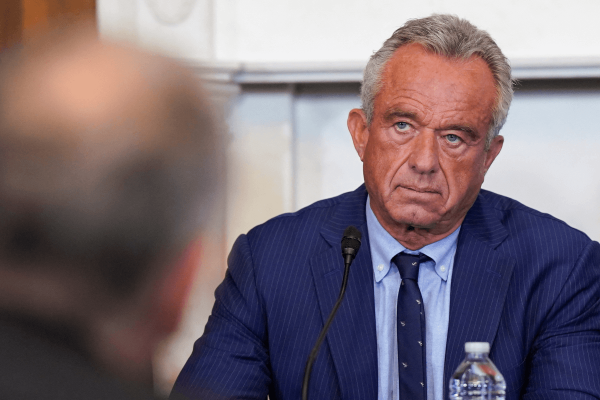I don’t believe that government regulation and intervention is the answer to every problem.
I also have no problem acknowledging — and condemning — instances where our government has created policies that prioritize corporate profits over the health of the American people. For example, thanks to the efforts of agricultural lobbyists, the government continues to subsidize corn and wheat, thereby incentivizing their use in cheap, ultra-processed foods that are linked to worse health outcomes. The opioid crisis is another complex and particularly tragic example of government prioritizing powerful corporate interests over Americans’ health.
Some of these same themes recently appeared in “Make America Healthy Again,” a new report led by Robert F. Kennedy Jr., President Donald Trump’s secretary of Health and Human Services. But while I share a healthy skepticism about corporate influence on federal health care policy, I am alarmed to see vaccine skepticism and outright anti-vaccine attitudes enshrined at the highest levels of government, especially within entities responsible for overseeing public health. And I’m especially grieved to see how bad Christian theology and warped notions of religious freedom are used to fuel that skepticism and its deadly consequences.
Read the Full Article

